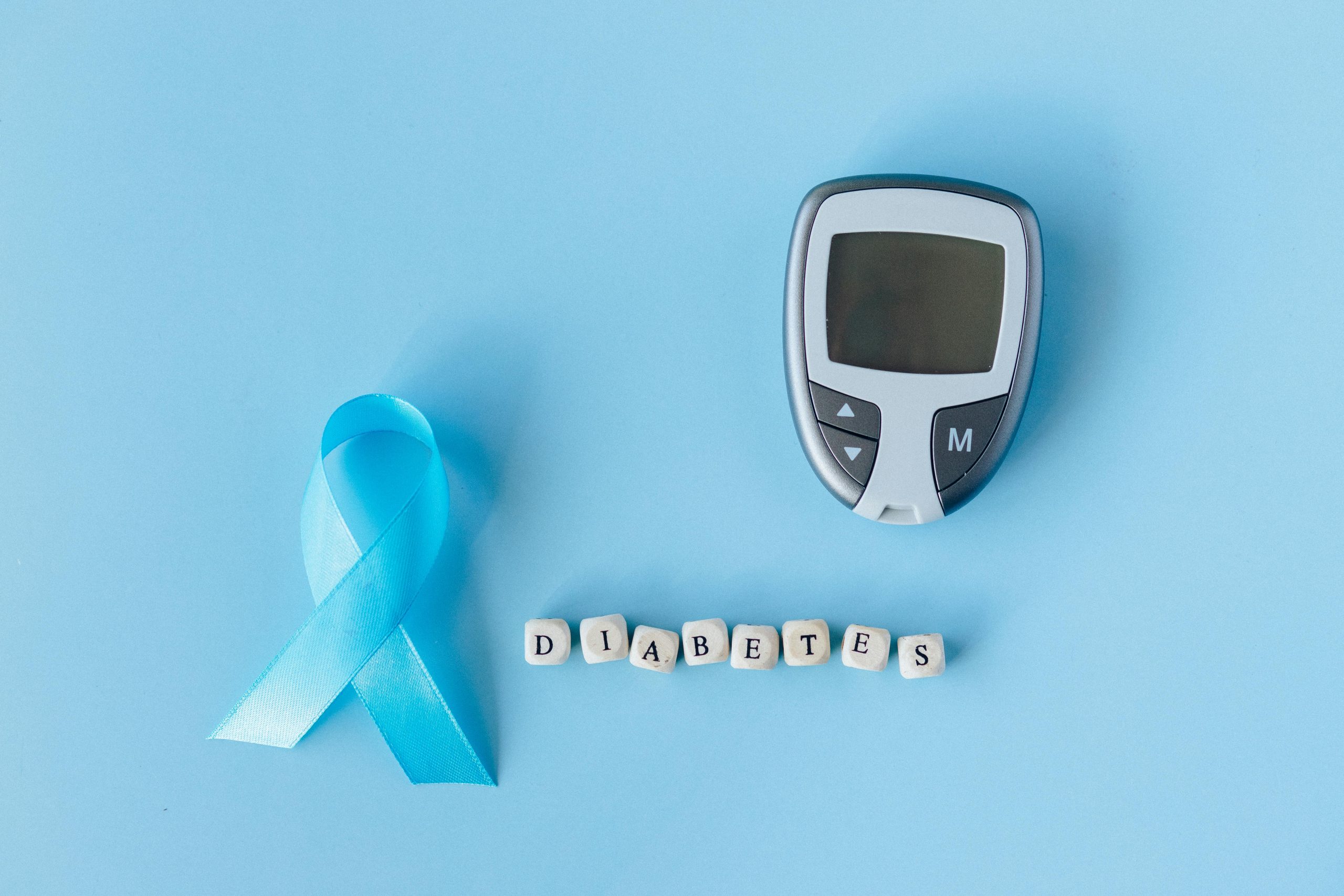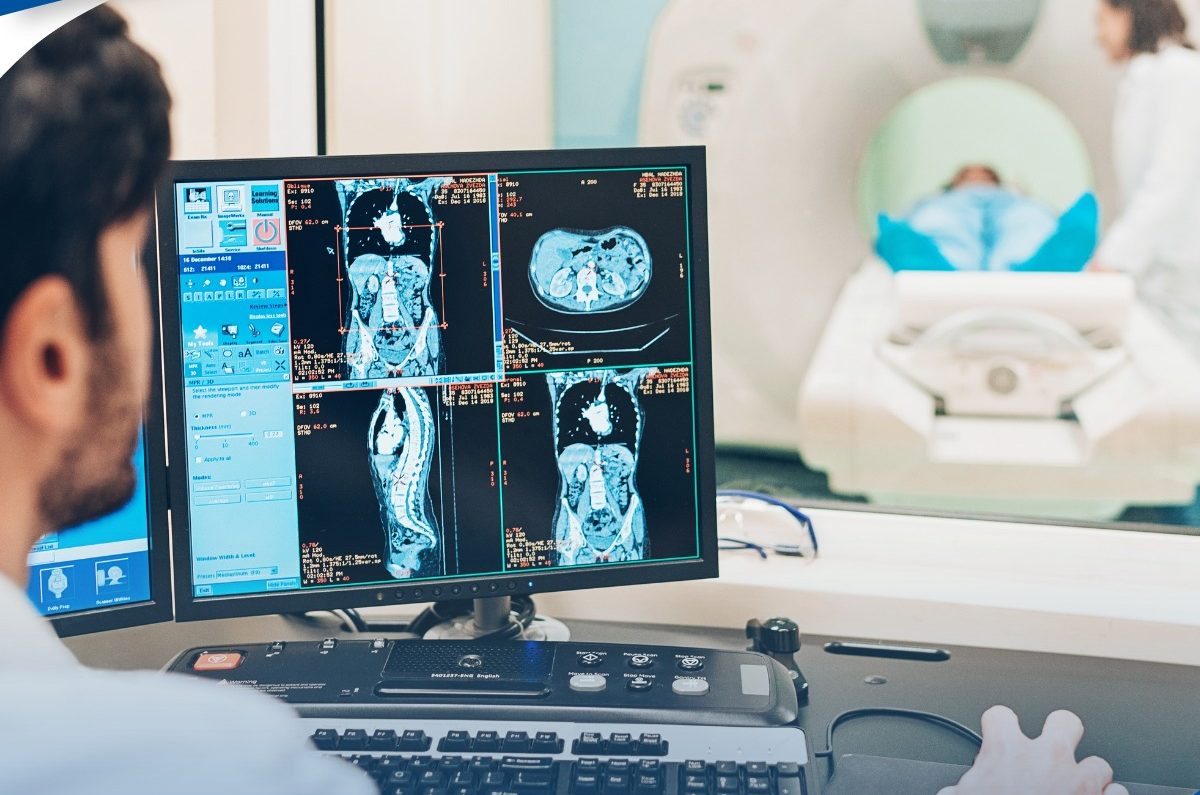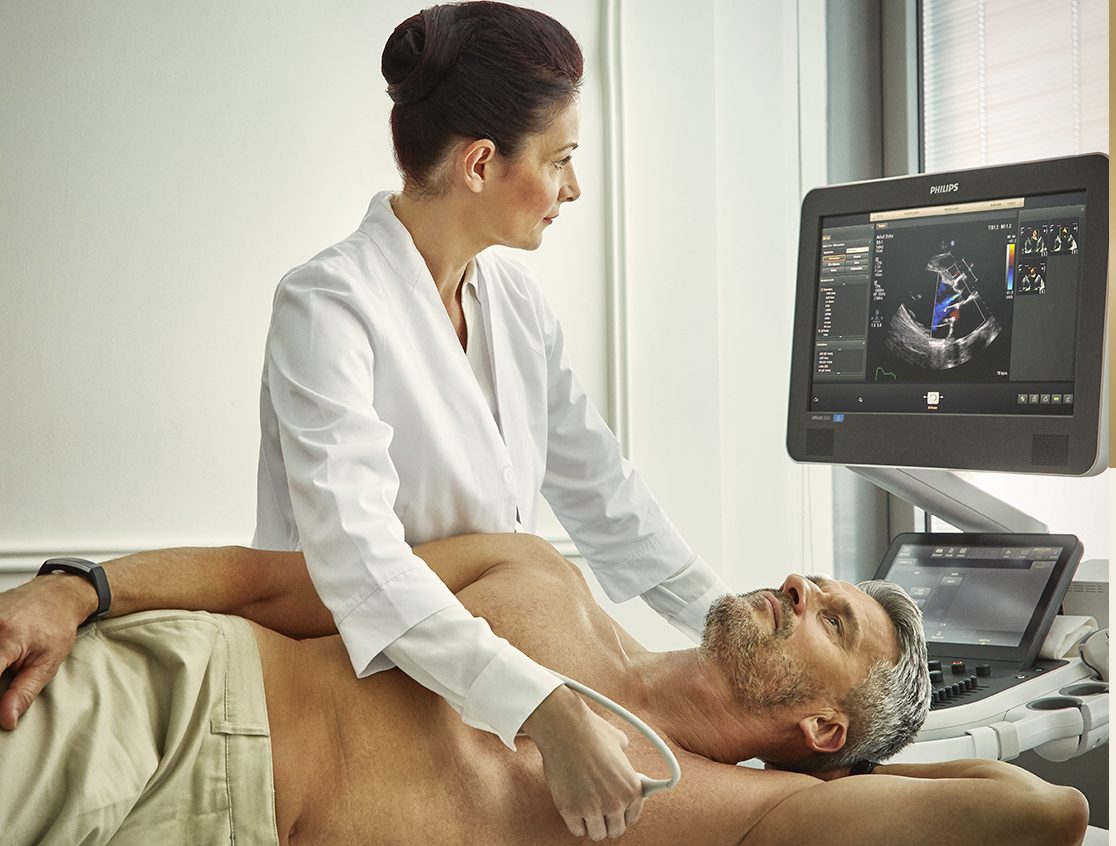
The largest risk difference was observed for pancreatic, liver, and kidney cancer.Continue reading

A recent survey has revealed that four out of five people have turned to private healthcare in Hungary in the past six months. While more than a third of respondents have spent between HUF 50,000 (EUR 130) and HUF 100,000 (EUR 261), almost 5% have spent more than HUF 500,000 (EUR 1,302). According to Digital Health Essential, respondents paid mainly for diagnostic and laboratory services.
The questionnaire revealed that patients sought private healthcare mainly for diagnostic and laboratory services, dermatology, and gynecology, but cardiology and urology also ranked highly, writes Világgazdaság.
In the future, digital health solutions will be most popular in

Photo via Facebook/Dr. Rose Magánkórház – Dr. Rose Private Hospital
The survey also showed that the biggest risk of digital health solutions is currently perceived by respondents to be the proliferation of impersonal solutions that ignore individual characteristics (35%). Over half of the respondents also use several health apps on their mobile phones.
Digital health solutions are most commonly used for accessing the public healthcare system, followed by health maintenance and appointment booking.
An interesting finding, however, is that none of the respondents were opposed to the introduction of artificial intelligence (AI) in medicine, but 52% were in favor of it within a strictly regulated framework, while 35% were maximal and optimistic about the results.

Patient room in a private hospital in Budapest. Photo via Facebook/Dr. Rose Magánkórház – Dr. Rose Private Hospital
The above findings are also supported by the latest representative survey by Szinapszis Piackutató. 53% of people turn to some online source of information when they have a health problem.
“Dr. Google has overtaken Dr. House, but it could be argued that doctors are the first second opinion after the biggest internet search engine,” noted Krisztián Laczkó, Business Development Manager at Szinapszis Piackutató. He added: “COVID has significantly changed the public’s attitude towards self-medication and health information, and the use of fast online resources has reached new heights. Of course, three years have passed since then and a new balance has emerged in the use of offline and online channels. Fortunately, health professionals remain the most credible source, followed by recommendations from alternative medicine experts, ahead of pharmacy journals. Based on the research,
health portals are used by 2.6 million people a month for information, out of an estimated 6.9 million internet users.
In Hungary, according to a government decree published more than two years ago, a single medical system is planned to be in place in domestic public healthcare institutions in the future. The Health Informatics Service and Development Centre Nonprofit Ltd, established to provide unified health informatics services, is thus responsible not only for the development, application management, and customer service of the National eHealth Infrastructure (EESZT), but also for the delivery and operation of all software for public health institutions.
Via Világgazdaság; Featured image via Facebook/Medicover